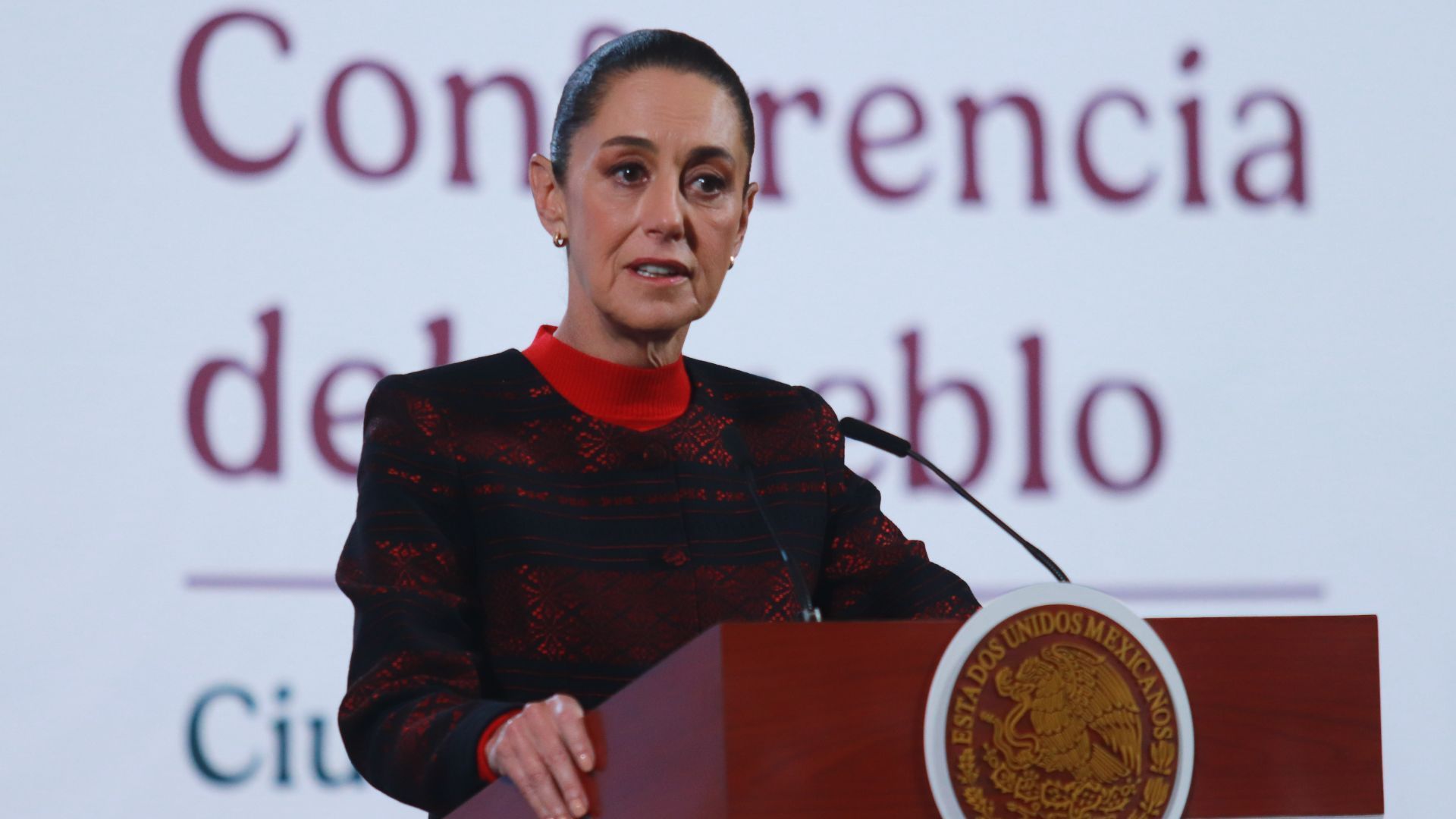
Russia's latest disinformation attack on the United States increasingly runs through Mexico, where the Kremlin has found a strategic gateway to the vast Spanish-language media space that links Latin America to millions of Latino viewers inside the US.
A U.S. government cable said that Kremlin-run outlets had scaled up their efforts across Latin America, seeking to turn people against the U.S. and garner support for Russia. nyti.ms/3JVxQGB
— The New York Times (@nytimes.com) 2025-11-24T17:15:04.094219Z
Over the past two years, Kremlin-owned media outlets such as Sputnik and RT have sharply stepped up their activity in the region, with efforts aimed in part at sowing discord between Washington and its allies, according to watchdog groups, an American diplomatic cable and reporting by the New York Times.

Sounding the alarm
The diplomatic cable warned that «RT's aggressive investment in Mexico and its strategy to build its credibility and undermine the United States poses a threat to current popular perception», noting that American diplomats in Mexico City were already sounding the alarm in 2024 and asking for «more resources to counter RT's well-funded efforts».
According to the same cable, online views for «RT en Español» on X jumped from less than 200,000 in 2022 to 715 million in 2023, a dramatic surge that shows how quickly the channel has expanded its reach and how central Mexico has become to Moscow's effort to shape conversations about the United States.

An overreaching power
Moscow does not just chase bigger audiences; it also adapts much of its Spanish-language messaging to Mexico's own disputes with Washington, using local controversies to make its narratives look organic rather than imported.
RT and Sputnik promote stories that portray the United States as an overreaching power, from coverage linking the U.S. Drug Enforcement Administration to the 2021 assassination of Haiti's president — a Sputnik article amplified by Mexico's state broadcasting chief with the comment «another D.E.A. intervention in Latin America» — to Russian officials' claims that Washington and Kyiv are working with Mexican and Colombian cartels to fight Russia.

These themes tap into existing nationalist and anti-U.S. currents inside Mexico, where some figures in the ruling party have circulated Kremlin-friendly content, helping Russia's messaging blend into domestic political debates.
Its influence on the country's information
The Kremlin, for its part, rejects accusations of manipulation and insists its state outlets simply offer an «unbiased alternative to American media», pointing out that they provide free material to local partners.
In Mexico, that approach has enabled RT and Sputnik to deepen their presence through partnerships with organisations such as the Journalists Club, an industry association that has received funding from the Mexican Senate, giving Russian media an additional layer of institutional visibility — and making its influence on the country's information space even harder to counter.
